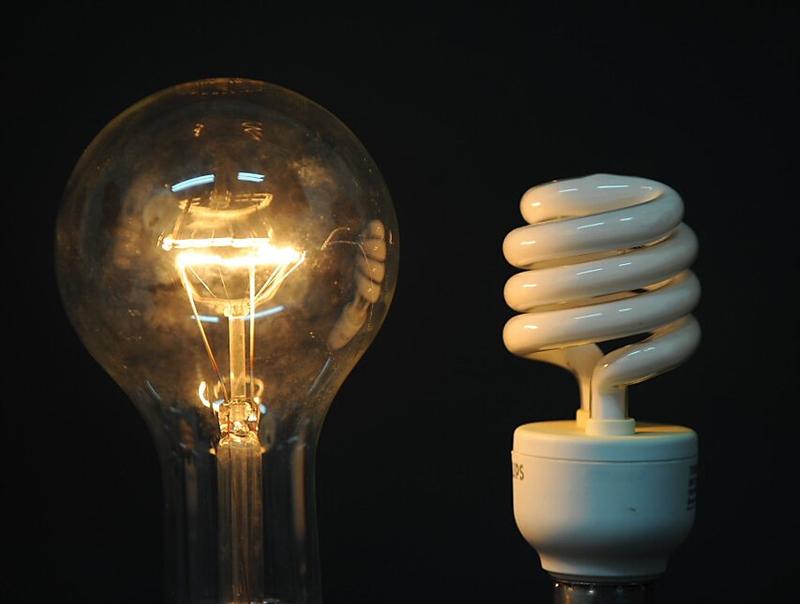Yesterday the official data came out and the year 2012 was the hottest year the US has experienced since records began. Not only that, but it was the hottest by a long way.
The Hurricane Sandy experience, as well as a recent spate of wildfires and drought, has meant that the topic of climate change is firmly on the table, but the dissenting voice still carries political clout.
There are two polar positions here, with a large political lobby arguing that climate change has nothing to do with human actions, that either the Earth is warming naturally or that there is no proof that the world is warming at all. This goes against mainstream European thinking, and we can see many differences in approach between the two continents. In Europe we no longer use plastic bags on mass, they are now almost all biodegradable, and we can only buy low wattage compact fluorescent lamps as old style light bulbs have been fazed out.
Here the government is moving towards the same goal. In Massachusetts an organization called Mass Save subsidizes the cost of replacing old bulbs with new. The money comes from the user who has to pay a supplement on the electric bill to fund the scheme, but all is not without issue.
These bulbs contain mercury, a naturally occurring but poisonous substance. This means that they have to be disposed of properly, as if they are just dumped into the ground they can poison the surrounding water ways, very much in the same way as batteries do. They are also much more complex than old style bulbs, they require assembly and raw materials for their components, and much of this work is carried out in China with the usual questions of human rights and exploitation that are associated with this type of process.
Some sections of the political world (the Tea Party for example) offer this as proof that the environmentalists are poisoning the Earth and that their arguments are based upon false suppositions. Statistics are produced that seemingly show that a few lamps may do a lot of damage, but they do cut down electricity consumption enormously, and here in the US a lot of electricity is still produced by burning coal, and that is an extremely dirty and polluting affair.
The amount of mercury is also disputed, bringing poison into the house, light that burns skill, all kinds of terrifying scenarios, and I am certain that these lamps do present a real issue of environmental threat, but it is not through such scaremongering that progress will be made.
For the lamps to be efficient and effective they must be disposed of properly. For this to happen the public must be informed and take action. These bulbs must be correctly packaged when they fail and taken to recycling hubs where skilled operators know how to dismantle them.
As many readers might know, the environment and all issues surrounding its protection are extremely politicized in the US. Research data is difficult to come by, and large sums of money are involved, particularly on the side of the sceptics. But cuts in electricity use must be a good thing, but only if the collateral effects of such a mass introduction of ever cheaper technology that purports to be wholly good are properly investigated and managed.
Low mercury lights are available too, but I would like to say that the amount of mercury present in even a non low mercury version is extremely small. You have a lot more in the fillings in your teeth for example, but you should still go to the dentist for a check up every now and again.
In practical terms, I recently changed 12 bulbs in my house and my monthly electricity bill dropped by about 20%, good for me, good for the planet, but let’s not see it out of context. The keys are nothing more than management however, good research that is available to all, education on the pros and cons of different possible solutions, and less political manipulation.
Here are two takes on the story. A critique of the way these problems arise through big business funding of the sceptic argument and a critique of from the other side.
Both politically loaded as you will see.

3 thoughts on “Politics and the Environment”